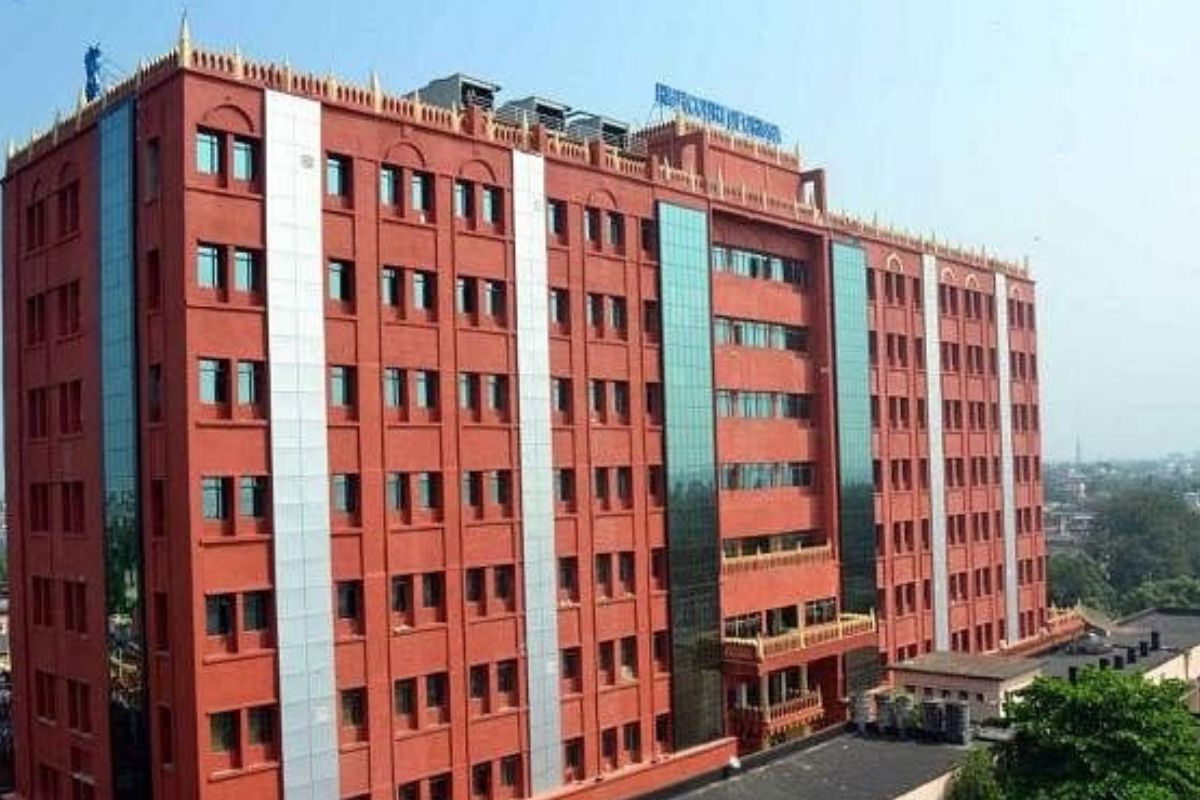Economic offences strike at heart of societal trust, nation’s economic stability: Orissa HC
Economic offenses, by their very nature, strike at the heart of societal trust and the nation’s economic stability.
A Division Bench adjudicating the writ petition, which sought for direction to the temple authorities to take steps to revive Danadhyakshya Seva, ordered in this regard.

Odisha High Court (Photo: SNS)
The Orissa High Court has directed the Puri Jagannath Temple administration to revive the age-old hereditary “Danadhyakshya” concept of Seva rights of servitors within three months with the Court saying that “it should not have been stopped by the authority merely on the ground of financial crunch”.
A Division Bench adjudicating the writ petition, which sought for direction to the temple authorities to take steps to revive Danadhyakshya Seva, ordered in this regard.
Advertisement
There is no dispute that different categories of Sevaks are discharging their responsibilities for different Sevas and Nitis (rituals) of Lord Shri Jagannath. Danadhyakshya Seva, being one of such Sevas as mentioned in the Record of Rights, should not have been stopped by the authority merely on the ground of financial crunch, the order stated.
Advertisement
“Therefore, in the interest of justice, equity and fair play, this Court directs the Temple Administration to revive Danadhyakshya Seva, taking into consideration the grievance made by the petitioners and other devotees, as expeditiously as possible, preferably within a period of three months, the Bench directed.
In view of the above, this Court is of the considered view that hereditary Seva of the deity, which has been found place in the Record of Rights should not have been stopped on the plea of financial crunch, when huge amount of money is being spent for the purpose of development of the temple and its administration, the Bench observed.
The 12th century Jagannath temple ever since its inception is an institution of unique national and international importance, in which millions of Hindu devotees from regions far and wide have reposed their faith and belief and have regarded it as the epitome of their tradition and culture. For a long period, the Maharaja of Puri was in the management of the affairs of the temple. Subsequently, due to the financial stringency some of the daily Seva and Nitikanti were closed.
In order to improve the maintenance, administration and governance of the temple affairs, the Government took over the charge. Accordingly, Shri Jagannath Temple Act, 1952 came into force.
Due to the financial crisis some of the Sevas of Lord Shri Jagannath had been stopped. Subsequently, in 2006 a notification was issued from the Temple Administration to restart the said Sevas and Nitikanti, which had been stopped due to the financial crisis.
“Danadhyakshya” concept is a very ancient one. When a king establishes a Brahman Sasan, powers are given to Danadhyakshya to look after the village.
Similarly, when Puri Jagannath Temple was established, Danadhyakshya Sevaks were appointed by the king. In return, they were getting their shares for the betterment of the Temple and the devotees who were visiting the temple were getting Prasad from the share given to Danadhyakshya Sevaks, the order iterated.
Advertisement